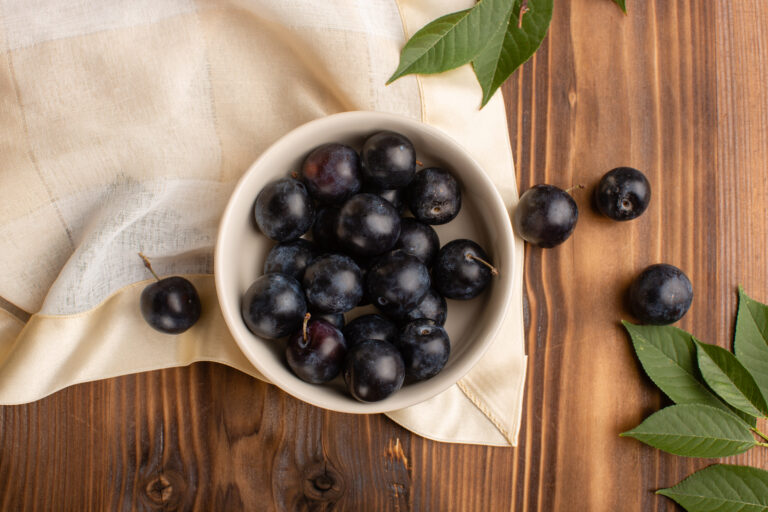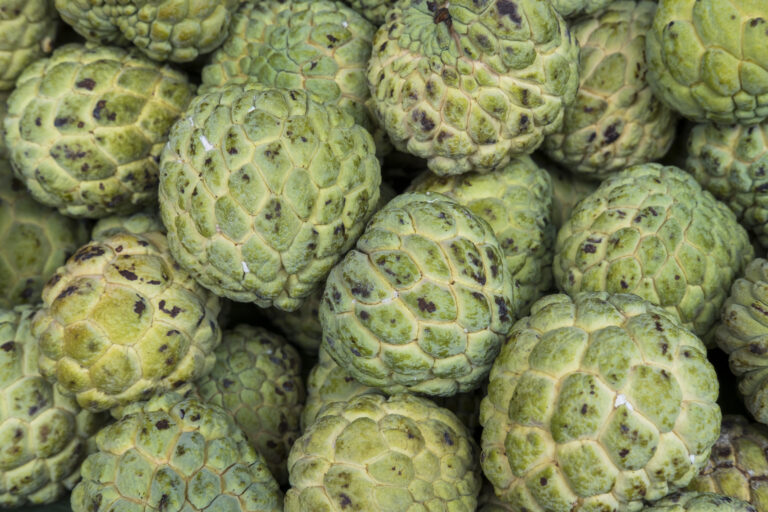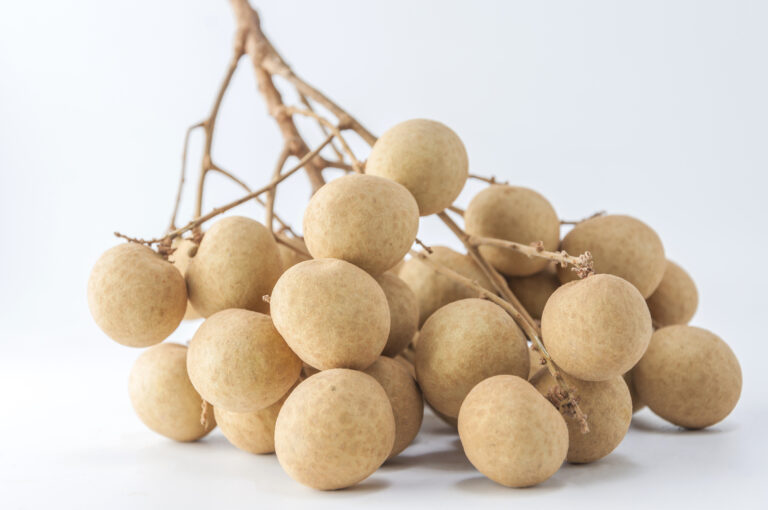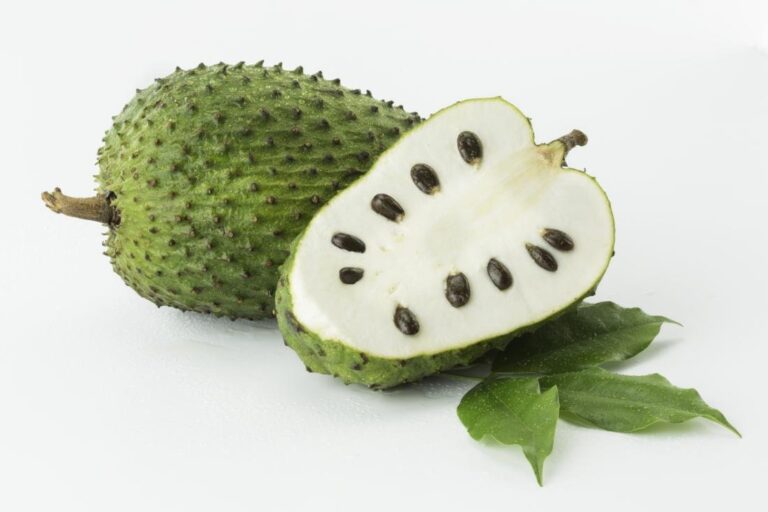When it comes to our dietary choices, finding the right balance is key to achieving optimal health and well-being. The concept of high calorie low carb foods might sound like a paradox, but it’s a smart approach to fueling your body efficiently.
In this blog post, we’ll dive into the world of high-calorie, low-carb foods, explore their benefits, and provide you with a list of delicious options to consider. Let’s get started!
The Power of High Calorie Low Carb Foods
The high calorie low carb foods approach can be particularly beneficial for those aiming to optimize their body composition. By reducing carbohydrate intake and increasing healthy fats, the body is prompted to tap into its fat stores for energy. This process is known as ketosis.
For individuals engaged in physical activities such as strength training or endurance exercises, the combination of high calorie low carb foods can provide a powerful advantage.
Adequate calories, especially from nutrient-dense sources, are essential for muscle recovery, repair, and growth. The right balance of macronutrients ensures that your body has the necessary fuel to perform at its best.
9 High Calorie Low Carb Foods
1. Seeds and Nuts
Nuts and seeds, often regarded as nature’s nutritional powerhouses, shine brightly as a remarkable example of high-calorie content harmoniously balanced with low carbohydrate composition.
These miniature marvels, brimming with flavor, crunch, and an array of nutrients, offer a delightful and healthful addition to your diet.
Nutritional Profile
Nuts and seeds deliver an abundance of essential nutrients that contribute to their esteemed status:
- Healthy Fats: Nuts and seeds are rich in heart-healthy fats, such as monounsaturated and polyunsaturated fats, which support overall cardiovascular health.
- Protein: Nuts and seeds are excellent sources of plant-based protein, making them an ideal choice for vegetarians and those looking to boost their protein intake.
- Fiber: With their fibrous content, nuts and seeds promote digestive health, help maintain satiety, and contribute to stable blood sugar levels.
- Vitamins and Minerals: Nuts and seeds provide an array of vitamins (like vitamin E) and minerals (like magnesium and zinc), each playing a unique role in bodily functions.

2. Avocado
Avocado, with its lush green hue and buttery texture, stands as a shining example of the harmonious fusion between high-calorie content and low carbohydrate composition. This versatile fruit has taken the culinary world by storm, celebrated for its delectable taste, nutrient richness, and ability to effortlessly cater to both flavor enthusiasts and health-conscious individuals.
Nutrient-Rich Profile
Avocados shine as a nutritional treasure trove, offering a diverse array of nutrients that contribute to their esteemed status:
- Healthy Fats: Avocados are rich in monounsaturated fats, which are heart-healthy fats associated with improved cholesterol levels and overall cardiovascular health.
- Fiber: With a generous dose of dietary fiber, avocados support digestive health and promote feelings of satiety, aiding in weight management.
- Vitamins and Minerals: Avocados are a source of essential vitamins such as vitamin K, vitamin E, vitamin C, and minerals like potassium and magnesium.
For those seeking a dietary balance between energy-dense calories and minimal carbohydrates, avocados present a compelling solution.

3. Olives
Olives are the fruit of the olive tree (Olea europaea) and have been cultivated and enjoyed for thousands of years. They are a staple in Mediterranean cuisine and have gained popularity around the world for their unique taste and versatility.
Despite their small size, olives are nutrient powerhouses. They are a good source of monounsaturated fats, which are heart-healthy fats that can contribute to lower cholesterol levels and a reduced risk of heart disease. These fats also promote satiety, helping you feel full and satisfied after meals.
Health Benefits
- Heart Health: The monounsaturated fats in olives have been linked to improved heart health by reducing inflammation and supporting proper blood vessel function.
- Antioxidant Protection: The antioxidants in olives, including vitamin E and polyphenols, help neutralize harmful free radicals in the body, potentially reducing the risk of chronic diseases.
- Bone Health: Olives contain a small amount of calcium and other minerals that contribute to bone health and may help prevent osteoporosis.
- Anti-Inflammatory Properties: Some compounds in olives have been shown to have anti-inflammatory effects, which can contribute to overall well-being and a lower risk of chronic diseases.

4. Dark chocolate
Dark chocolate, with its alluring richness and bittersweet notes, has long captivated the palates and hearts of chocolate enthusiasts around the world. Beyond its delectable taste, dark chocolate also boasts a range of potential health benefits that make it more than just a guilty pleasure.
Nutritional Profile
Dark chocolate contains an impressive array of nutrients that contribute to both its flavor and potential health benefits. These include:
- Flavonoids: Dark chocolate is rich in flavonoids, a type of antioxidant that supports heart health and may have anti-inflammatory effects.
- Minerals: It contains essential minerals such as magnesium, iron, and copper, which play roles in various bodily functions.
- Fiber: Dark chocolate provides a small amount of dietary fiber, which supports digestive health and may help regulate blood sugar levels.

5. Greek yogurt
Greek yogurt is a strained yogurt variety that undergoes a process to remove the whey, resulting in a thicker and creamier consistency compared to regular yogurt. Originating from Greece, this yogurt variety has become a global sensation for its unique taste and versatile applications.
Nutritional Profile
Greek yogurt boasts an impressive nutritional profile that elevates it to a nutritional powerhouse. It is a significant source of:
- Protein: Greek yogurt is rich in protein, which is essential for muscle repair, immune function, and overall bodily processes.
- Calcium: It provides a good dose of calcium, supporting bone health and promoting strong teeth.
- Probiotics: Greek yogurt contains live probiotic cultures that promote gut health and contribute to a balanced digestive system.
- Vitamins: It’s a source of essential vitamins such as B vitamins and vitamin D, which play roles in energy metabolism and bone health.

6. Eggs
Eggs, a dietary staple and culinary marvel, exemplify the perfect marriage of high-calorie content and low carbohydrate load. These versatile orbs of nourishment offer a host of benefits that extend far beyond their culinary uses.
For those seeking to balance their caloric intake while minimizing carbohydrate consumption, eggs stand out as an exceptional option.
Nutrition of Eggs
Eggs are a natural source of essential nutrients that support various bodily functions and promote overall health. In a single egg, you’ll find:
- Protein: Eggs are rich in high-quality protein, containing all the essential amino acids needed for muscle repair, growth, and overall well-being.
- Healthy Fats: The yolk of the egg is home to healthy fats, including monounsaturated and polyunsaturated fats, which are associated with heart health and satiety.
- Vitamins and Minerals: Eggs provide a range of vitamins and minerals, including vitamin B12, vitamin D, choline, selenium, and folate, each contributing to different aspects of health.

7. Cheese
Cheese with its flavors, and forms, takes center stage as a delectable example of the perfect balance between high-calorie content and low carbohydrate composition.
Nutrient-Rich Profile
Cheese emerges as a nutritional powerhouse, providing an array of essential nutrients that contribute to overall health and well-being. In every cheesy bite, you’ll encounter:
- Protein: Cheese is an excellent source of high-quality protein, making it a satiating option that supports muscle repair and growth.
- Calcium: Rich in calcium, cheese supports bone health and promotes strong teeth, reducing the risk of osteoporosis.
- Healthy Fats: Cheese contains healthy fats, including monounsaturated and polyunsaturated fats, which are associated with heart health and satiety.

8. Salmon
Salmon stands out as a true superstar in the category of high-calorie, low-carb meals because to its lovely pink colour and delicate flavour. In addition to its delicious flavour, salmon is a nutritious powerhouse that skillfully balances a lot of calories with little carbs.
Nutrient-Rich Profile
Salmon’s nutritional bounty is a testament to its esteemed status. With every bite of this succulent fish, you’ll indulge in:
- Protein: Salmon is an exceptional source of high-quality protein, which is essential for muscle repair, growth, and overall bodily functions.
- Healthy Fats: Salmon boasts heart-healthy omega-3 fatty acids, known for their anti-inflammatory properties and potential benefits for heart and brain health.
- Vitamins and Minerals: Salmon is rich in vitamin D, which supports bone health and immune function, as well as B vitamins like B12 and niacin, which aid in energy metabolism.

9. Coconut oil
Coconut oil, often hailed as a nutritional powerhouse, presents a unique and enticing combination of high-calorie content and low carbohydrate presence. Derived from the flesh of mature coconuts, this oil has gained popularity for its versatile applications, health benefits, and distinct culinary appeal.
Coconut oil is a prized creation of nature, revered for its captivating aroma, smooth texture, and exceptional nutritional qualities.
Nutrient-Rich Profile
Coconut oil’s nutritional profile offers a wealth of advantages that contribute to its high-calorie, low-carb appeal:
- Caloric Density: Coconut oil is energy-dense, with a high calorie count that provides a quick and efficient source of fuel for the body.
- Low Carbohydrate Content: Coconut oil contains minimal carbohydrates, making it a suitable option for those seeking to limit their carb intake.
- Healthy Fats: The predominant fatty acids in coconut oil are medium-chain triglycerides (MCTs), which are easily digested and metabolized for energy.

Incorporating high calorie low carb foods into your diet can be a game-changer for your overall health and well-being. By focusing on nutrient-rich options and making mindful choices, you can enjoy sustained energy levels, improved metabolism, and better control over your weight. So, go ahead and indulge in these delicious and nourishing choices—it’s a step toward a healthier you!
I hope you get to know about high calorie low carb foods. Check out our more blog posts by clicking here.














